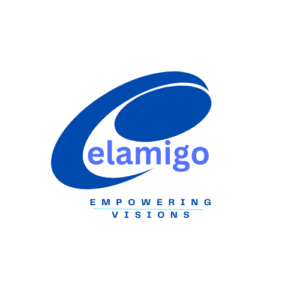
Insilico Medicine, a full-service, artificial intelligence-driven pharmaceutical company, recently announced that it will launch a robot-assisted automated laboratory — one that runs on its own artificial intelligence software — by the end of the year. Insilico Medicine began developing its artificial intelligence platform for drug discovery, called Pharma.AI, when it launched in 2014, and its end-to-end AI systems are powered by trillions of data points. Insilico Medicine, a clinical-stage, end-to-end AI-driven drug discovery company, is connecting biology, chemistry, and clinical trial analytics using a next-generation AI system. Most pharmaceutical companies are now focused on using technologies like AI (Artificial Intelligence) to increase the odds of success in drug discovery and development.
New technologies like microfluidics, robotics, and use of artificial intelligence, combined with automated data analytics, have the potential to speed up the process of developing and approval drugs, helping make therapies available to patients faster. Thanks to the explosion in knowledge of the molecular mechanisms underlying various diseases, there are more promising targets to develop new medicines than in the past. IBM Research and Arctoris are applying the power of AI and robotic automation to the development of new medicines.
Scientists from the University of Central Florida (UCF) The University of Central Florida (UCF) hopes to speed up development using a novel drug screening process that is focused on artificial intelligence (AI). For instance, researchers from Berg Biotechnology, near Boston, Mass., the Berg Biotechnology Company, near Boston, Mass., developed a model for identifying previously undiscovered mechanisms in cancer using tests of over 1000 samples of both cancerous and healthy human cells. An artificially intelligent system — or robotic scientist — that can almost entirely autonomously test potential drugs may accelerate the drug development process, said a British researcher who built one.
The advancement has also spurred a spate of startups using AI to do the work of drug discovery, many using it to spot patterns hidden in vast amounts of data. Insilico Medicine has developed AI platforms using deep generative models, reinforcement learning, transformers, and other current machine learning techniques to identify new targets and to design new molecular structures with desired properties. The equity raised in this round will also finance continued worldwide expansion and planned strategic initiatives, including an automated, artificial intelligence-driven, robotic drug discovery lab, as well as a fully robotic biologics data facility, which complements the extensive data assets that Insilicomedicines have collected.

